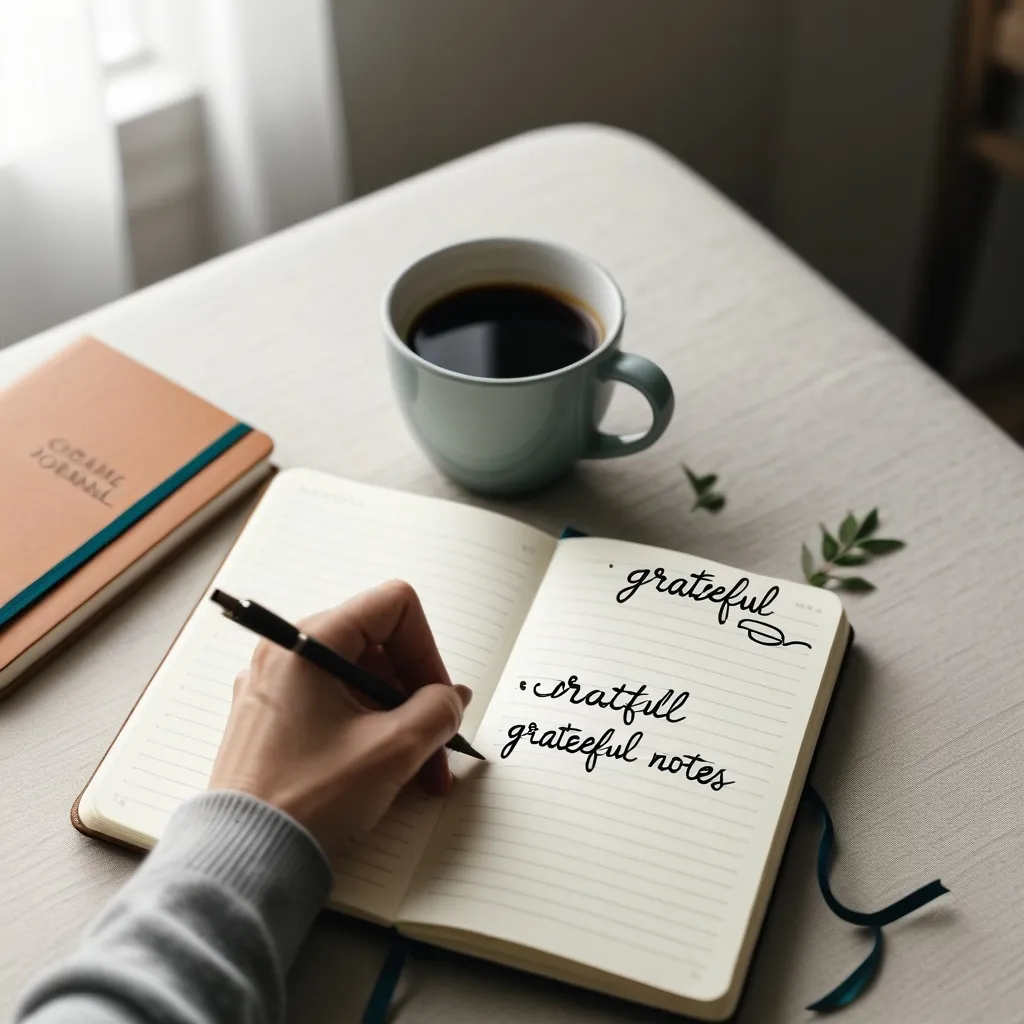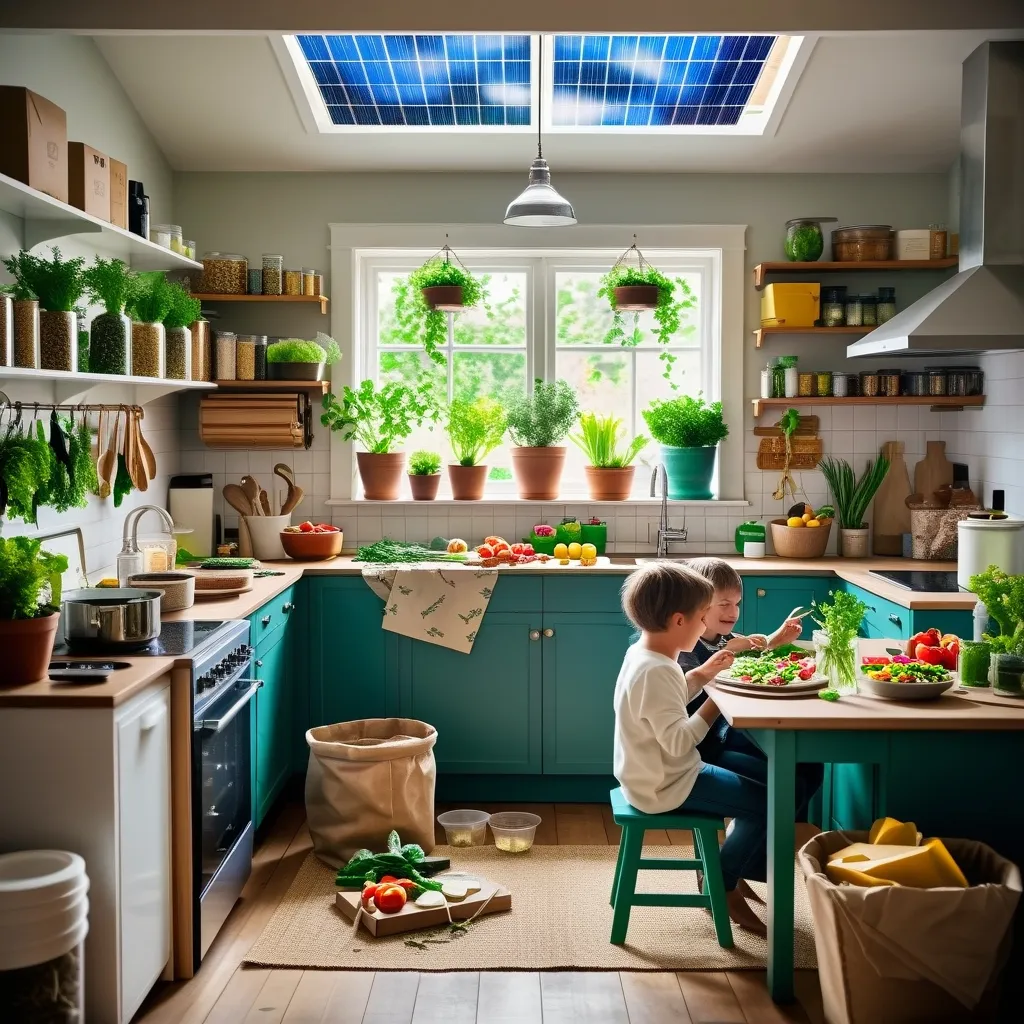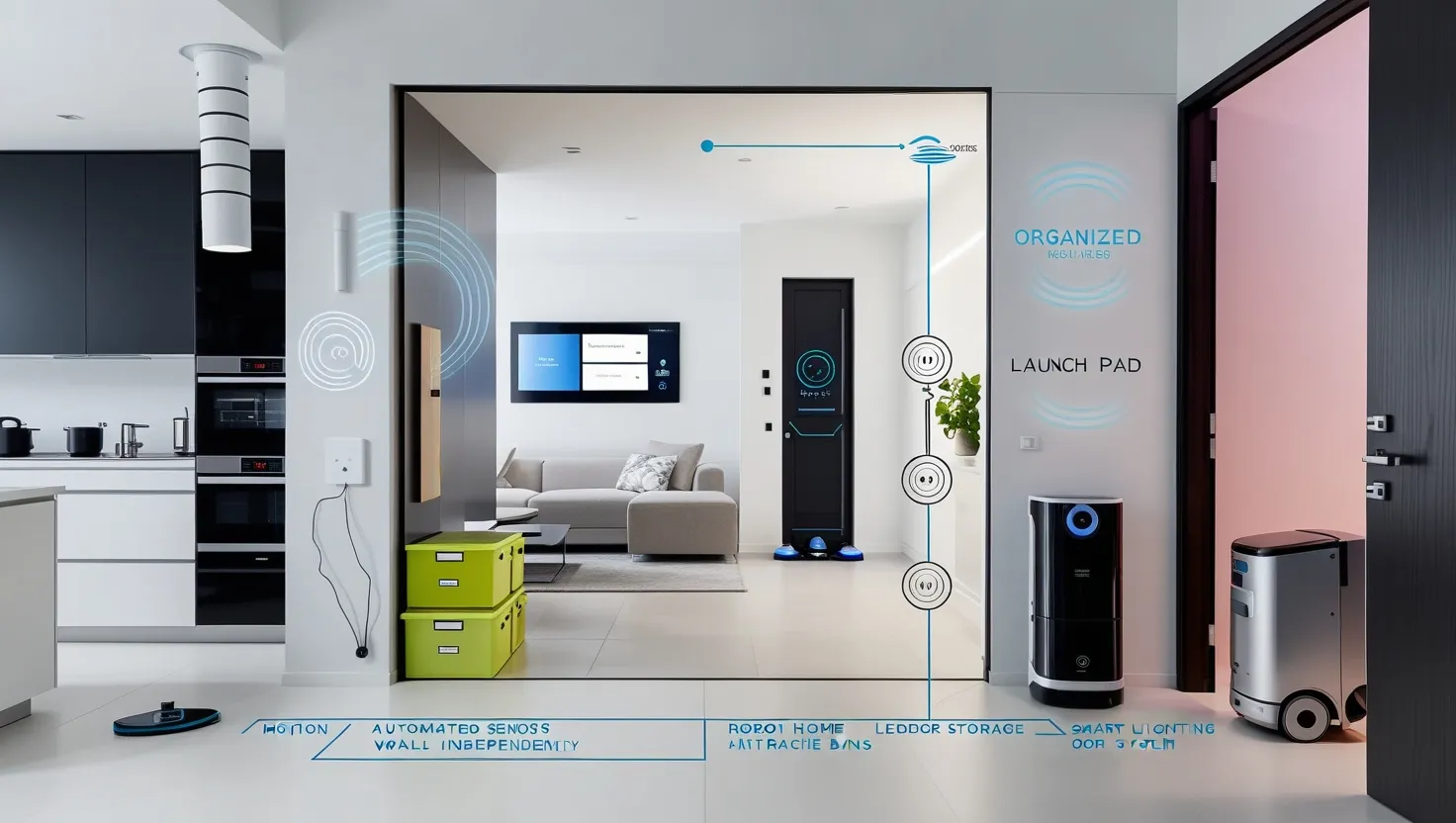Gratitude in Daily Life: A Simple Habit for a More Positive You
Taking a moment each day to focus on what you’re thankful for can seriously boost your mental and emotional health. It’s a small shift in your daily routine that can transform your mindset from thinking about what you lack to cherishing what you already have. Here’s the lowdown on how to weave this practice into your everyday life.
Kickstart Your Day with Gratitude
The morning sets the tone for the rest of your day. Why not start it off on a positive note? Spend a few minutes jotting down three to five things you’re grateful for in a notebook or a gratitude journal. It could be anything really—a good night’s sleep, the smell of morning coffee, or the support of a friend. These brief reflections can create a ripple effect, priming you to notice more good things as the day unfolds.
Family Bonding Over Gratitude
Why keep all that good energy to yourself? Turn your gratitude practice into a family affair. At dinner, you can each share something you are thankful for. It’s a great way to reinforce the habit while forging deeper connections among family members. You can even put a little sticker on your placemat as a gentle nudge to remember to express your gratitude.
Find Your Daily Cue
Building a habit takes consistency. Pick a specific time or event each day that will serve as your reminder to focus on gratitude. This could be when you wake up, as you’re winding down for bed, or even when you boot up your computer. Mealtimes work well because they naturally involve pausing and can become a collective activity. If that doesn’t work, any consistent daily task could serve as your cue.
Savor What You’re Thankful For
It’s not just about listing things you’re grateful for—take a moment to truly savor them. After you’ve expressed your gratitude, give yourself a few seconds to really feel it. This isn’t just a mental exercise; it’s an emotional one too. For instance, if you’re grateful for a delicious meal, take a moment to appreciate its flavors, textures, and the joy of eating it.
Visual Reminders Keep You On Track
Sometimes, you just need a quick nudge. Leaving sticky notes, setting phone reminders, or even sticking inspirational quotes around the house can serve as visual cues, prompting you to think of something you’re grateful for in that moment.
Mindfulness Can Boost Gratitude
Being fully present helps you appreciate the little things that often go unnoticed. Take a few deep breaths and focus on the now—what you see, smell, hear, and feel. Practicing mindfulness heightens your awareness and can reveal new things to be thankful for, even on busy or challenging days.
Express Your Gratitude to Others
Gratitude isn’t just about internal reflection; it’s also about expressing your thanks to others. A simple “thank you” can go a long way. Letting people know you appreciate them strengthens your relationships and fosters a deeper sense of community.
Turn Challenges into Gratitude Moments
Life isn’t always peaches and cream. Even on tough days, try to find a silver lining. This shift in perspective can help you develop a gratitude mindset that endures through ups and downs. It’s often the little victories in difficult times that make the most significant impact.
Don’t Forget Self-Appreciation
It’s crucial to recognize your own achievements, big or small. From meeting a tight deadline to simply making it through a tough day, acknowledge your efforts. This act of self-appreciation builds confidence and helps you recognize your worth.
The Science of Feeling Grateful
There’s more to gratitude than just a warm, fuzzy feeling. Research shows that being grateful can lower stress, improve sleep, and even make you happier. Plus, it strengthens relationships and leads to a more optimistic outlook on life. Not bad for such a simple habit, right?
Consistency Adds Up
One day of practicing gratitude might not seem like a big deal, but over time, the effects add up. Soon, you’ll find that almost every day, there’s something to be grateful for, no matter how small. This accumulation can make you more content and appreciative of life’s simple pleasures.
Keep it Simple and Doable
Habits stick best when they’re simple and easy to maintain. Find a form of gratitude practice that you can easily incorporate into your daily routine. Maybe it’s saying one thing you’re grateful for at dinner, or writing a single sentence in a gratitude journal each night. The easier it is, the more likely you’ll keep it up.
Integrate Gratitude Throughout the Day
There are endless little pockets in your day for gratitude. Maybe take a moment to think of something you’re grateful for before answering a phone call or starting a new task. These small actions can help you stay grounded and appreciative from morning till night.
Affirmations to Boost Gratitude
Positive affirmations are another way to keep gratitude front and center. Start your day with a few affirmations focused on what you appreciate. It’s a quick and effective way to reprogram your mind to focus on the good stuff.
Reflect on Tough Times
Sometimes, to appreciate where you are now, you need to remember where you’ve been. Reflecting on past challenges can give you a sense of perspective and highlight how far you’ve come, making it easier to be grateful for your current situation.
Make a Gratitude Vow
Commitments tend to make us more accountable. Write down a simple vow related to gratitude, like “I vow to count my blessings each day,” and stick it somewhere you’ll see it often. This can help reinforce your intention to practice gratitude regularly.
Gratitude’s Role in Better Relationships
Showing appreciation improves your relationships significantly. Recognizing and expressing gratitude for the positive contributions of others strengthens bonds, fostering deeper, more meaningful connections. It encourages empathy and compassion, qualities that are the backbone of strong relationships.
Impact on Mental Health
Focusing on gratitude shifts your mindset from scarcity to abundance. This pivot can reduce anxiety and depressive symptoms, making you more positive and resilient. Instead of always striving for more, you start appreciating what you have.
Incorporating gratitude into your everyday routine has the potential to transform your life. Start small and keep at it, and you’ll soon feel the benefits. Whether it’s through journaling, sharing your thanks with others, or a quick reflection during your day, practicing gratitude leads to a richer, more fulfilling life.






